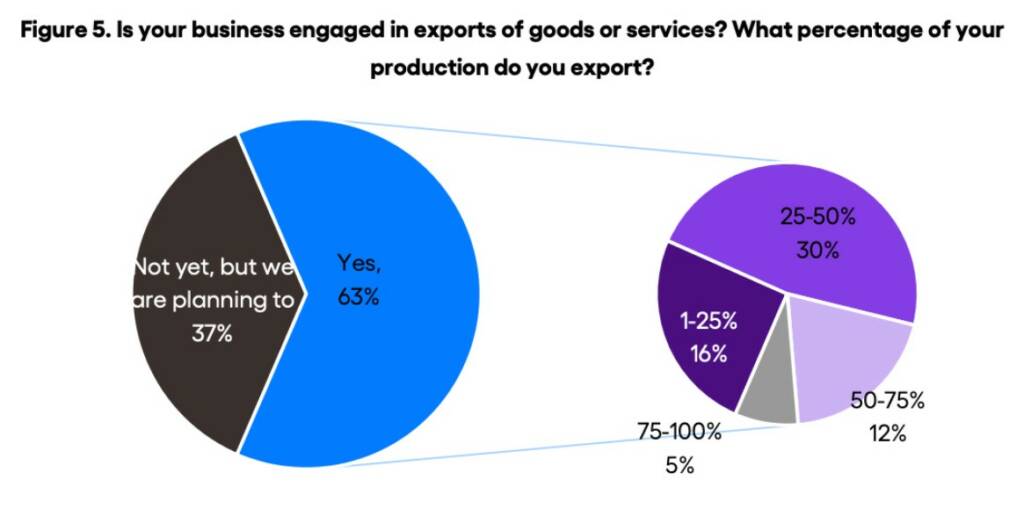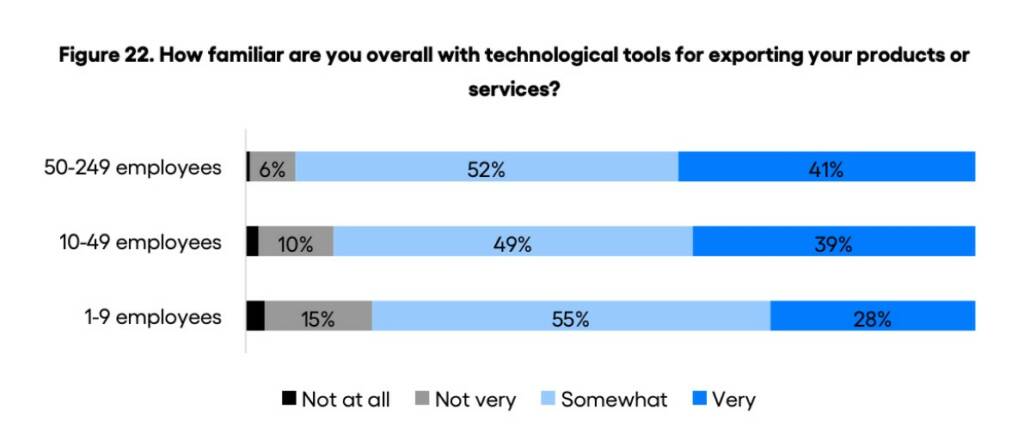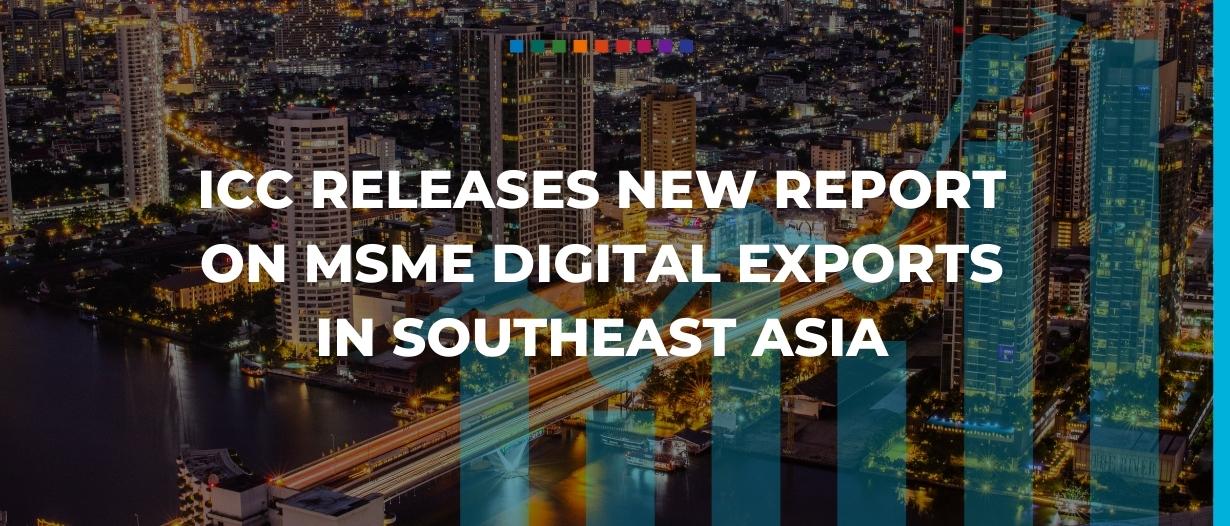Estimated reading time: 3 minutes
The International Chamber of Commerce (ICC) and Google have partnered to research the digital exports of micro, small and medium-sized enterprises (MSMEs) in Southeast Asia to inform policy discussions and develop tailored training programmes to upskill and empower MSMEs in the region.
According to the paper, MSMEs account for between 97.2% and 99.9% of total businesses and contribute between 51.7% and 97.2% of total employment.
Yet, despite their contribution to ASEAN economies and society, participation in exports and global markets remain relatively low.
MSMEs account for a small proportion of exports relative to their share of activity and employment in the region.

Against this backdrop, the MSME Digital Exports in Southeast Asia report identifies key barriers that prevent MSMEs from exporting, and analyses how MSMEs leverage digital technologies to help drive exports in the region.
By drawing on these insights, ICC and Google aim to inform the ambitious policy discussions that are ongoing both at the national and regional level. Looking forwards, these discussions will further develop tailored training programmes for MSMEs to upskill and empower businesses in the region.
John W.H. Denton AO, secretary general of the ICC, said, “Through this partnership with Google, ICC is committed to delivering trusted, quality training to help SMEs harness the opportunities of digital trade.
The goal is to ensure our global know-how and solutions benefit business communities and the communities they serve in Asia and beyond.”
Key findings from the ICC MSME report
The MSME Digital Exports in Southeast Asia report is underpinned by a survey of 1,560 MSMEs in the 10 ASEAN markets. Key insights from the report include:
- MSMEs in the ASEAN markets express a strong interest in exporting in the region and internationally––over 60% of surveyed enterprises are looking to expand their export footprint;
- MSMEs in the ASEAN markets have drastically increased their use of digital tools and technologies––80% of surveyed enterprises have expanded their use of digital tools in the past two years;
- 70% of surveyed MSMEs in the ASEAN markets see digital tools and technologies as a way to identify access new markets;
- MSMEs in the ASEAN markets continue to be hampered by significant Internet coverage and affordability gaps––65% of surveyed MSMEs reported issues with Internet accessibility (patchy service or slow connection) and affordability;
- E-commerce growth is severely constrained by: (i) high cost of delivery of return, (ii) issues associated with complaints or disputes, (iii) issues with payments online;
- MSMEs in the ASEAN markets are seeking tailored support to increase their skills and capabilities in digital marketing and in leveraging digital tools and technologies to access market information––75% of surveyed MSMEs expressed an interest in developing these capabilities.
ICC, Google, and ITC’s solutions to help ASEAN MSMEs
Karan Bhatia, VP, government affairs and public policy at Google, said, “Digital technologies are creating opportunities for small businesses to trade and reach international markets in ways impossible a generation ago, but those opportunities are not always easy to seize.”

Building on the report, ICC, Google, and the International Trade Centre (ITC) are co-designing a curriculum and creating a network of trainers to train 1,000 ASEAN MSMEs in digital export-relevant skills.
The ICC Centre of Entrepreneurship in Indonesia will play a leading role in deploying and coordinating the implementation of the training programme.























